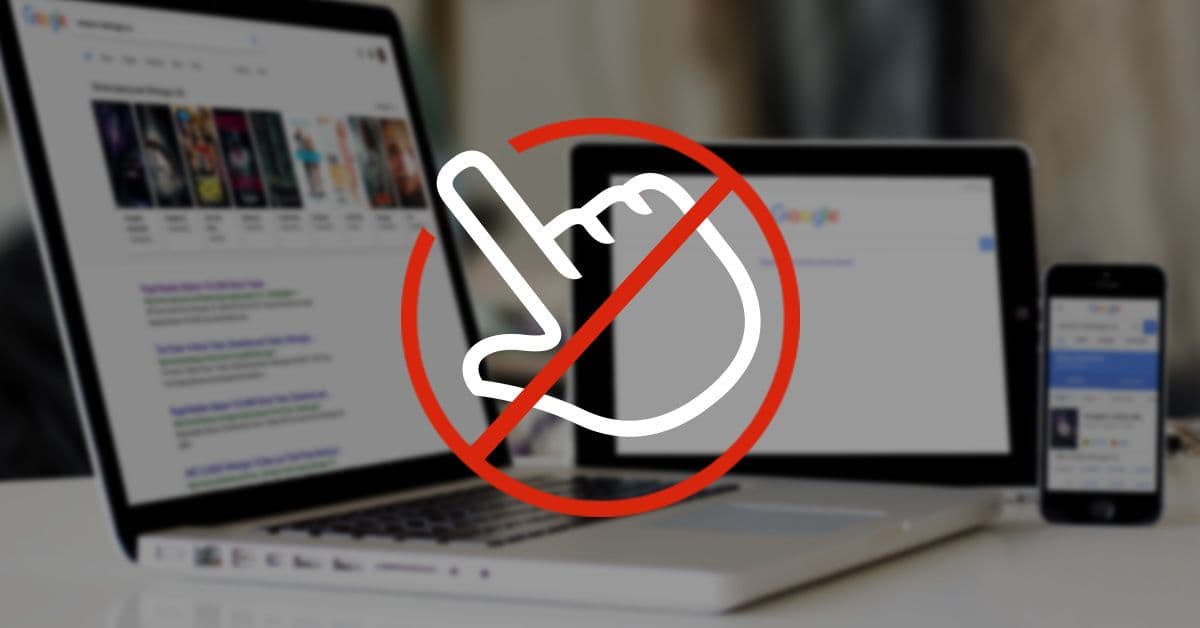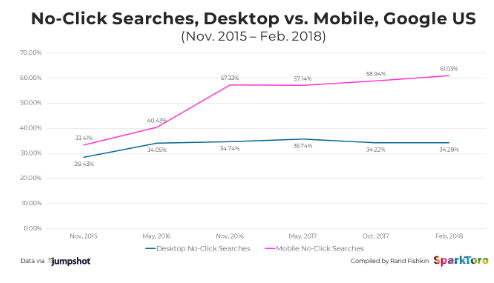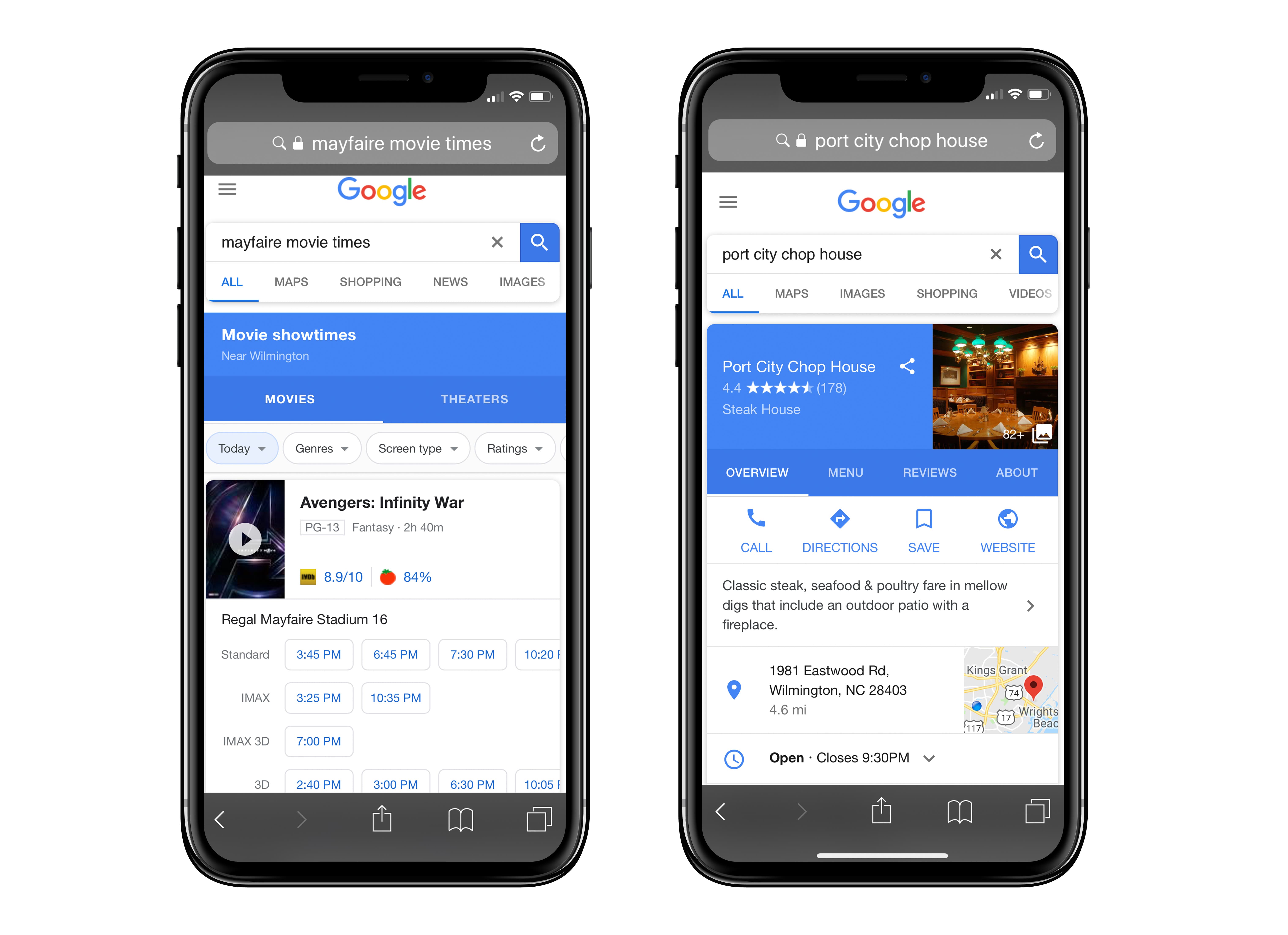
Google processes more than 1.2 trillion Google searches every year.
This means people around the world perform more than 40,000 unique searches every second and more than 3.5 billion searches per day.
The way people are performing these searches, however, has drastically changed in the last few years.
The Rise in the “No Click” Search
The number of Google searches keeps growing, but the way that people are searching is changing. The number of “No Click” searches, especially on mobile, is on the rise. Google is continuing to adapt their algorithm to answer its user’s questions on the Search Engine Results Page, or the SERP so that they don’t even have to click through to a company’s site.
 Wait, so what does this mean?
Wait, so what does this mean?
Basically, Google is getting even better at answering user’s questions. For many search entries, Google will show featured information from one of the top results and put it at the top of the page as an answer to the search. People are seeing the answer they searched for on the search page in the form of “universal search results.” Universal search results include map packs, answer boxes, instant answers, and other aggregated information from top-ranking results pages.

Users can get most of their answers (like: “what time does the movie start” or “where is the restaurant located”, without clicking thru a website.
The value of these universal search results will only continue to rise in the future. It is incredibly important for companies to recognize the rising trend of the “No Click” search and just how many answers are being found on the actual SERP itself.
As Google continues to update its algorithm, most experts are predicting that the number of searches that never end in a click-through will become increasingly common and present a major problem to companies who are investing in paid and organic SEO strategies.
What about organic?
Research has shown that the click-through rates on organic listings have also taken a hit ever since the introduction of universal results. Organic is still the main player in SEO, with 70% of the links that users click on are organic.
Organic search results are still the driving factor in Google’s universal search result algorithms. It is critical to have optimized organic content in order to get your site in the universal search result types, which are answering user’s questions the quickest.
The frustrating reality is that companies will soon have to adapt their SEO strategies to be able to reach users without even earning a click to their site, or even knowing that a search occurred. The companies that are successful in recognizing this change will be able to secure a competitive advantage over those who still cling to click through rates and outdated digital tactics.
Not sure where to start your SEO efforts? We’d love to help! Contact us.



